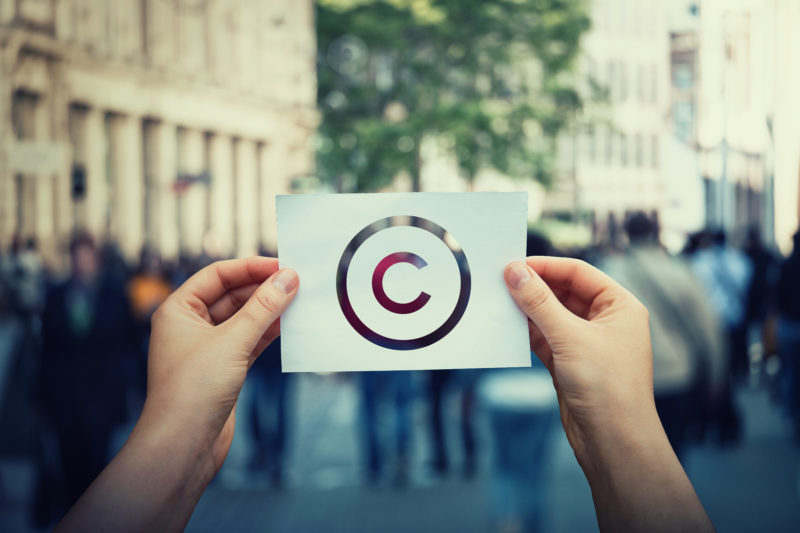Proving chain of title to a work is essential for any party wishing to assert copyright infringement. However, this is not always easy, given that the author of the work is not required to register its copyright to acquire the protection by copyright law, provided that the author is Canadian or a citizen of any of the signatory countries to the Berne Convention for the Protection of Literary and Artistic Works of September 9, 1886.[1] Further, in any civil proceeding in which a defendant puts in issue either the existence of copyright or the title of the plaintiff to it, the author shall be presumed to be the owner of the copyright unless the contrary is proven.[2] Given that copyright exists from the moment the original work is created and that the title of ownership may easily be passed around since its existence, it is important to keep a robust documentation of the chain of title of a work.
Continue readingForeign Certificate of Registrations of Copyright may not suffice to prove ownership of copyright in Canada




